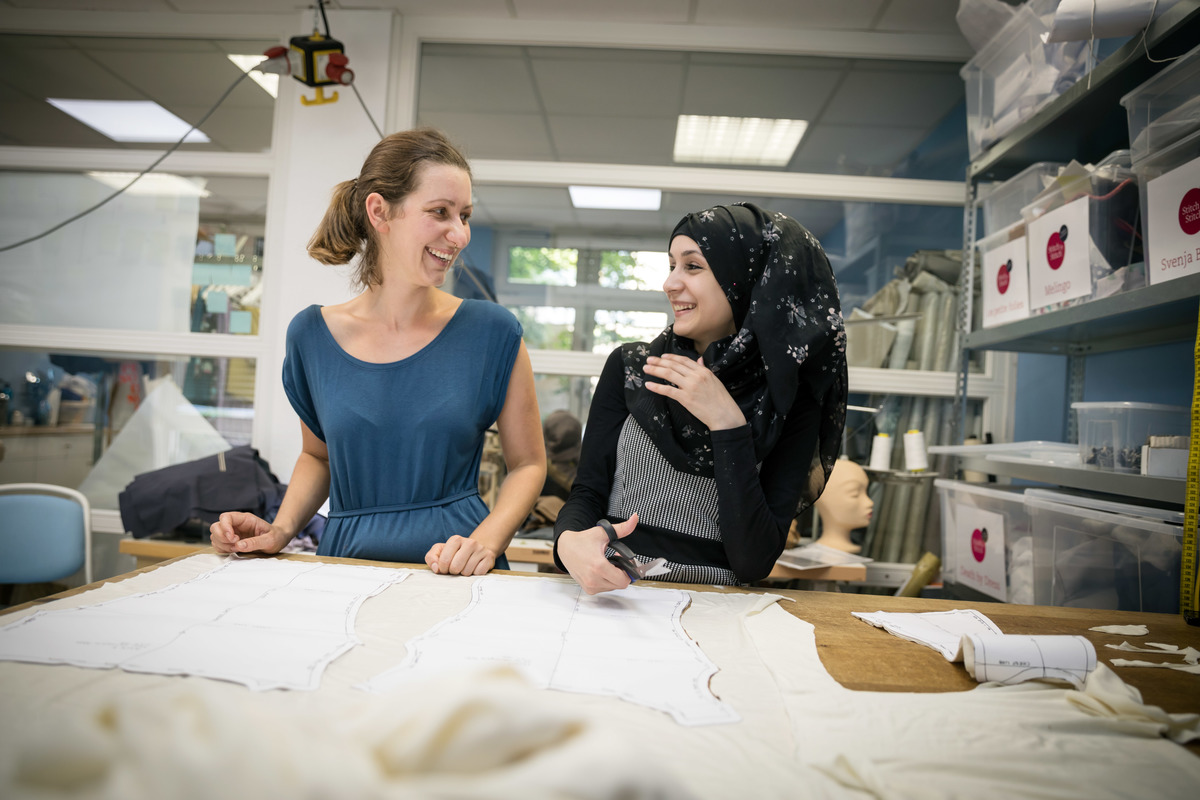UNHCR expands legal clinic project in Bogota
UNHCR expands legal clinic project in Bogota

BOGOTA, Colombia (UNHCR) - A fast-expanding project in Colombia is teaching law students from some of the country's best universities about the plight of millions of their compatriots, and at the same time, helping the latter to believe again in the possibilities of their own society.
Since 2002, the UN refugee agency has been sponsoring a project under which senior year law students provide free legal advice to internally displaced persons (IDPs) in Colombia. The legal clinics started in Nariño province, expanded to Bogota in 2003, and recently spread further to areas like Ciudad Bolivar, one of the most populated areas of the capital with a high concentration of displaced people.
Thanks to the legal clinics, people like Sixta Lopez have discovered their eligibility for humanitarian assistance from the government. Lopez arrived in Ciudad Bolivar after fleeing the conflict in the southern region of Guaviare three years ago, but it was only in August this year that she learnt of her legal right to receive aid.
"It has been so hard," said Lopez. "It would have been very important to receive assistance at that time. But if I am entitled to it, I still deserve to receive it."
Duber Morales, who escaped from the western Chocó province in 2002, learnt that although he received emergency aid at that time, legally he could request for more assistance from the state to help him stabilise his situation.
Supporting the project in the capital are 140 students and teachers from Universidad Nacional, the biggest university in Colombia. They come from the faculties of Law and Social Sciences, with an additional group of Psychology and Social Work students also providing relevant advice.
"We have achieved considerable progress," said Gabriel Riaño, project coordinator for Universidad Nacional. "When we began, in the last academic period of 2003, eight students in the project advised 65 people and their families. In the first period of 2004, there were 400 internally displaced people and their families receiving counselling from 110 students, because we included internal displacement consultations as part of the normal activities of our legal aid centre. So far, some 2,000 people have benefited directly or indirectly from our legal clinics."
Mobility has been crucial to the development of the project. Using lessons learnt from the first experience in Nariño province, the legal clinics do not just wait for people to come to them, but seek out those in need of help. So, besides the legal aid centre at the university, mobile clinics have also assisted people in three areas of Bogota with important IDP populations, as well as in Soacha, a municipality next to the capital with a large displaced population.
This model is also being applied by the Universidad de la Sabana, the first private institution in the project. With UNHCR support, the university began in August to give legal assistance in several small towns surrounding Bogota.
The legal clinics are making a difference. In Nariño province, they have succeeded in getting people included in the government's register of displaced population via judicial remedies for the defence of constitutional rights.
In both Bogota and Nariño, legal action by students in the clinics has granted protection for many displaced Colombians, as well as access to education and health care, and above all, a belief that it is possible to obtain state support for these people in need.
By Gustavo Valdivieso
UNHCR Colombia









